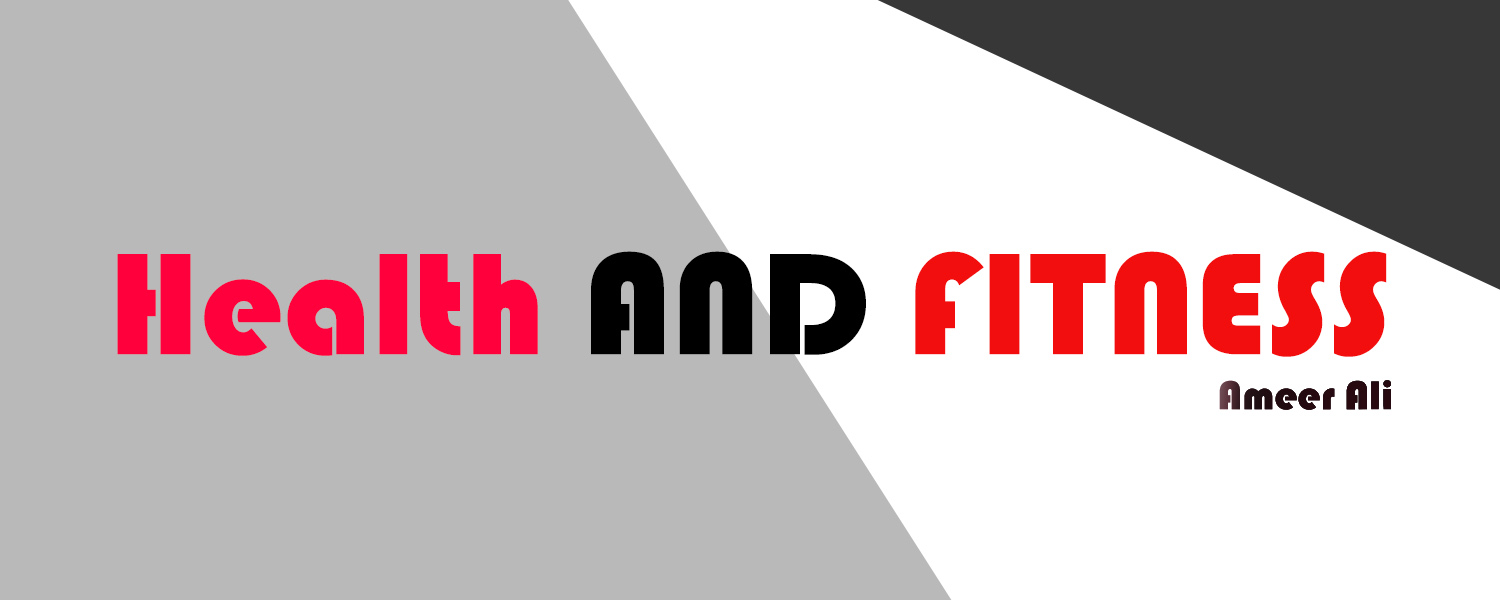Introduction
In today's fast-paced world, it's crucial for adults to prioritize their health and well-being. By adopting healthy habits, individuals can improve their physical, mental, and emotional health, leading to a more fulfilling and vibrant life. This article explores essential habits that adults can incorporate into their daily routines to achieve optimal health and wellness.
The Importance of Healthy Habits
Maintaining healthy habits is paramount for adults to enhance their overall quality of life. These habits contribute to preventing chronic diseases, boosting energy levels, enhancing cognitive function, and promoting longevity. By proactively embracing a healthy lifestyle, individuals can reduce their risk of developing health conditions and improve their overall well-being.
Establishing a Balanced Diet
A reasonable eating regimen is a foundation of a solid way of life. Consuming a variety of nutrient-dense foods ensures that adults obtain essential vitamins, minerals, and antioxidants. Focus on incorporating whole grains, lean proteins, fruits, vegetables, and healthy fats into daily meals. Limit processed foods, sugary snacks, and excessive salt and saturated fats intake.
Choosing Nutrient-Dense Foods
Eating nutrient-dense foods provides the body with the necessary fuel for optimal functioning. Include a variety of fruits, vegetables, whole grains, and lean proteins to meet nutritional requirements.
Portion Control and Mindful Eating
Practicing portion control and mindful eating helps adults maintain a healthy weight and avoid overeating. Pay attention to hunger and fullness cues to foster a healthier relationship with food.
Regular Exercise and Physical Activity
Participating in standard actual work is significant for keeping up with great well-being. Exercise helps strengthen muscles, improve cardiovascular health, enhance flexibility, and promote mental well-being.
Finding an Exercise Routine
Discover an exercise routine that suits your preferences and fits into your schedule. This can include activities like walking, jogging, cycling, swimming, or participating in group fitness classes.
Strength Training and Flexibility Exercises
Consolidate strength preparing activities to fabricate bulk and work on bone thickness. Additionally, include flexibility exercises like stretching or yoga to enhance mobility and reduce the risk of injuries.
Adequate Sleep and Rest
Sufficient sleep and rest are essential for overall health and well-being. Sleep deprivation can negatively impact cognitive function, mood, and immune system function.
Establishing a Sleep Routine
Make a steady rest plan by hitting the hay and awakening simultaneously every day. Guarantee your rest climate is agreeable, dull, and liberated from interruptions.
 |
| Healthy Habits for Adults |
Practicing Relaxation Techniques
Prior to bed, participate in loosening up exercises like perusing, cleaning up, or rehearsing contemplation to advance better rest quality.
Managing Stress and Mental Well-being
Managing stress is vital for maintaining good mental health. Chronic stress can lead to various health issues, including anxiety, depression, and cardiovascular problems.
Stress Reduction Strategies
Incorporate stress-reducing techniques such as deep breathing exercises, mindfulness, journaling, or engaging in hobbies that bring joy and relaxation.
Seeking Support
Don't hesitate to seek support from friends, family, or mental health professionals when needed. Open communication and a strong support system can alleviate stress and promote well-being.
Hydration and Drinking Water
Remaining hydrated is pivotal for the appropriate working of the body. Water aids digestion, regulates body temperature, lubricates joints, and flushes out toxins.
Daily Water Intake
Guarantee you are hydrated over the course of the day. Aim for at least eight glasses (64 ounces) of water or more, depending on your activity level and climate.
Infusing Flavor into Water
If plain water becomes monotonous, infuse it with fruits, herbs, or citrus slices to add flavor and encourage hydration.
Avoiding Harmful Substances
Limiting or avoiding harmful substances plays a vital role in maintaining optimal health. These substances include tobacco, excessive alcohol consumption, and illicit drugs.
Quitting Smoking and Tobacco Use
Quit smoking or using any tobacco products, as they significantly increase the risk of developing numerous health conditions, including cancer and respiratory diseases.
Moderate Alcohol Consumption
Consume alcohol in moderation, following recommended guidelines. Excessive alcohol intake can lead to liver damage, cardiovascular problems, and addiction.
Maintaining a Healthy Weight
Maintaining a healthy weight is crucial for reducing the risk of chronic diseases and promoting overall well-being.
Balanced Caloric Intake
Consume a balanced number of calories based on your age, gender, activity level, and goals. Aim for a caloric intake that supports a healthy weight and energy balance.
Regular Physical Activity for Weight Management
Engage in regular exercise and physical activity to support weight management and promote overall fitness.
Regular Health Check-ups
Regular health check-ups are essential for detecting potential health issues at an early stage and maintaining overall well-being.
Annual Physical Examinations
Schedule annual physical examinations with your healthcare provider to monitor your overall health and address any concerns.
Screenings and Tests
Follow recommended guidelines for screenings and tests, such as blood pressure measurements, cholesterol checks, and cancer screenings, to identify and manage potential health risks.
Cultivating Relationships and Social Connections
Nurturing social connections and cultivating healthy relationships contribute to emotional well-being and overall life satisfaction.
Spending Time with Loved Ones
Make time for family and friends, engaging in activities that foster connection and create lasting memories.
Joining Social Groups or Clubs
Participate in social groups or clubs that align with your interests or hobbies, providing opportunities to meet new people and form meaningful connections.
Prioritizing Self-Care
Self-care is crucial for maintaining a healthy balance between responsibilities and personal well-being.
Setting Boundaries
Learn to say no and set boundaries to avoid excessive stress and burnout. Prioritize self-care activities without feeling guilty.
Engaging in Relaxation Techniques
Incorporate relaxation techniques such as taking breaks, practicing deep breathing, or enjoying hobbies that bring joy and relaxation.
Engaging in Hobbies and Leisure Activities
Participating in hobbies and leisure activities enhances creativity, reduces stress, and promotes overall well-being.
Discovering Personal Interests
Explore different hobbies and activities that bring you joy and allow you to express your creativity or interests.
Making Time for Leisure
Allocate dedicated time for leisure activities, ensuring they are an integral part of your routine.
Limiting Screen Time
Unnecessary screen time can adversely influence physical and psychological wellness. Reducing screen time allows for greater productivity, better sleep, and increased engagement in real-world activities.
Setting Screen Time Boundaries
Establish specific periods of the day for screen usage and limit non-essential screen time, such as social media or excessive TV watching.
Engaging in Offline Activities
Replace screen time with offline activities, such as reading, exercising, spending time outdoors, or engaging in face-to-face interactions.
Conclusion
Incorporating healthy habits into daily life is crucial for adults to achieve optimal health and well-being. By prioritizing balanced nutrition, regular exercise, adequate sleep, stress management, and self-care, individuals can enhance their physical, mental, and emotional well-being. Remember to consult with healthcare professionals for personalized advice and guidance on adopting and maintaining healthy habits.
FAQs
Q1: How long does it take to form a habit?
It generally takes around 21 to 66 days for a habit to form. However, the time can vary depending on the individual and the complexity of the habit.
Q2: Can healthy habits prevent chronic diseases?
Yes, adopting healthy habits such as eating a balanced diet, exercising regularly, and avoiding harmful substances can significantly reduce the risk of developing chronic diseases.
Q3: Are cheat days allowed in a healthy diet?
Moderation is key. Having occasional cheat days can help maintain motivation and prevent feelings of deprivation, as long as they are balanced with an overall healthy diet.
Q4: How much exercise should adults aim for?
Grown-ups ought to go for the gold 150 minutes of moderate-power oxygen-consuming movement or 75 minutes of lively power high-impact action each week, alongside muscle-reinforcing exercises on at least two days.
Q5: Why is self-care important?
Self-care is important because it allows individuals to prioritize their own well-being, reduce stress, and maintain a healthy work-life balance. It promotes overall mental and emotional health.


.webp)
.png)